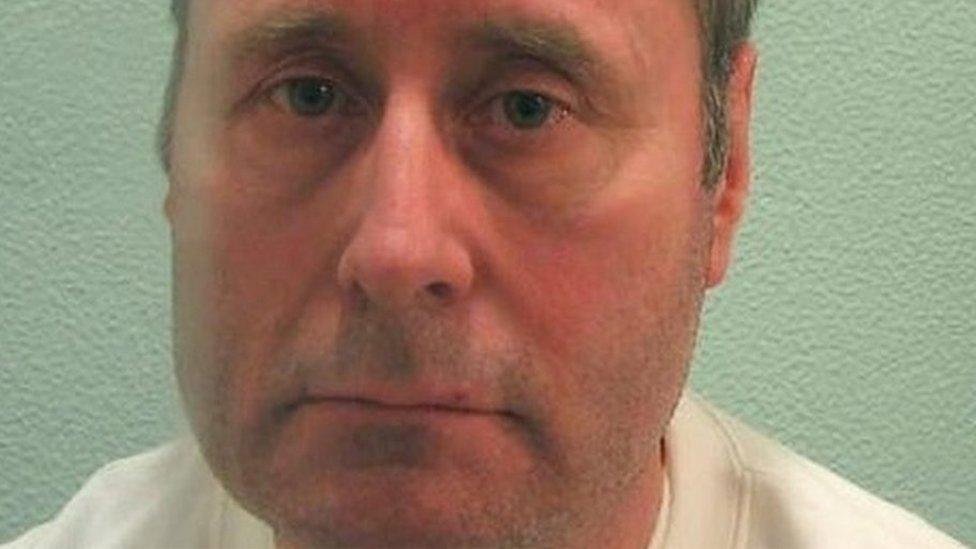Black cab rapist John Worboys given two life sentences
- Published
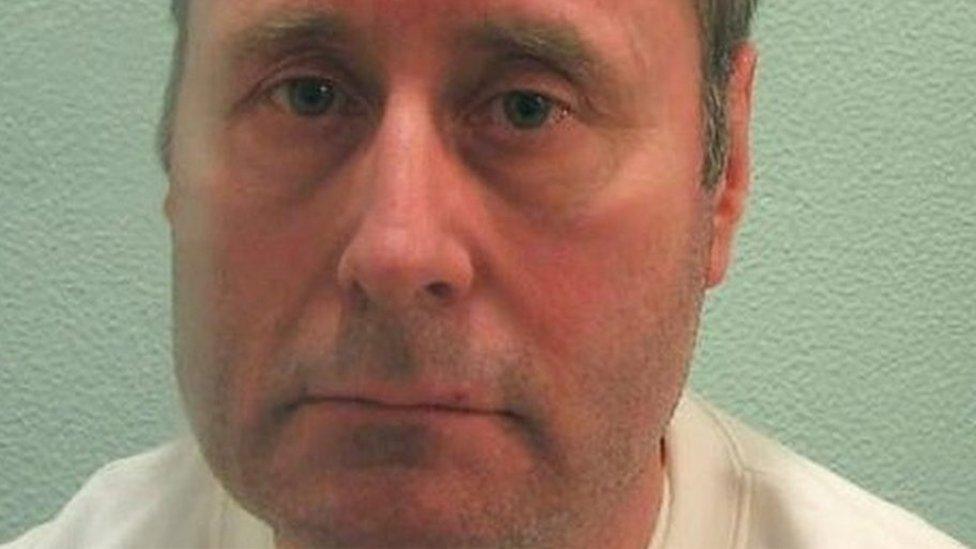
John Worboys was jailed in 2009 for a string of sex attacks on women in his taxi
Black cab rapist John Worboys has been handed two life sentences with a minimum term of six years for attacking four more women.
The 62-year-old, who is now known as John Radford, was jailed in 2009 for assaults on 12 women in London.
The four victims came forward after a public outcry caused by a Parole Board ruling that he was safe to be freed.
Sentencing Worboys, Mrs Justice McGowan said she did not know when "if ever you will cease to be a risk".
In 2009, Worboys was locked up indefinitely for the public's protection with a minimum term of eight years after being found guilty of 19 sex offences against 12 women between 2006 and 2008.
In January 2018, the Parole Board said Worboys would be freed after serving 10 years but victims challenged the decision.
That decision was later overturned by the High Court, leading to a review of the decision where the Parole Board decided Worboys must remain in jail.
Among the reasons given for refusing Worboys parole were his "sense of sexual entitlement" and a need to control women.
Becki Houlston told the BBC that Worboys drugged her in Bournemouth
Prosecutor Duncan Penny QC told the Old Bailey that psychiatrist Philip Joseph found Worboys had been "fantasising" about attacking women since 1986.
A probation report in August this year found "he is potentially just as dangerous now as the point of the first sentence".
After the four women came forward, Worboys, of Enfield, admitted two charges of administering a drug with intent to commit rape or indecent assault.
He also pleaded guilty to two further charges of administering a substance with intent to commit a sexual offence.
Mr Penny said the first victim was targeted in 2000 or early 2001 after a night out at a wine bar in Dover Street in Soho.
The second victim, a university student living in north London, was picked up after a night out with friends at a club on New Oxford Street in 2003.
Worboys' third victim was picked up after a night out on King's Road in 2007 where he told her he had won £40,000 at a casino and offered her champagne.

Worboys would win victims' trust before pouring them a glass of drug-laced alcohol
The court heard Worboys told the fourth victim he had won the lottery and offered her and her friend miniature bottles of champagne.
Mr Penny said: "She woke up in bed the following morning. The bedclothes had not moved and her hands were crossed over her chest, which was unusual.
"She was sufficiently unnerved to check herself. There were no visible signs she had been touched."
Mr Penny told the court: "The consistent themes throughout, together with the content of what took place, seems to be the profound effect not knowing what happened has had in each of these women throughout their lives, as a result of having been unfortunate enough to get into the defendant's black cab."

Analysis
Danny Shaw, BBC home affairs correspondent
If an offender tells lies, does that increase their risk to the public? That's the key issue at the heart of this case.
John Worboys lied to psychologists before his parole hearing in 2017, giving a carefully-crafted account that tallied only with the crimes he'd been convicted of.
He was assessed as safe to be released from prison. But, when more victims came forward Worboys changed his story.
Despite this Dr Jackie Craissati, an experienced clinical forensic psychologist, told the court she believes Worboys poses a low risk of sexual reoffending.
She says she doesn't expect offenders to give "truthful and full" accounts of their behaviour when assessing how dangerous they are.
The judge clearly did not agree, and many others may baulk at the idea that someone who can't be trusted to tell the truth about their crimes can nevertheless be trusted in the community.

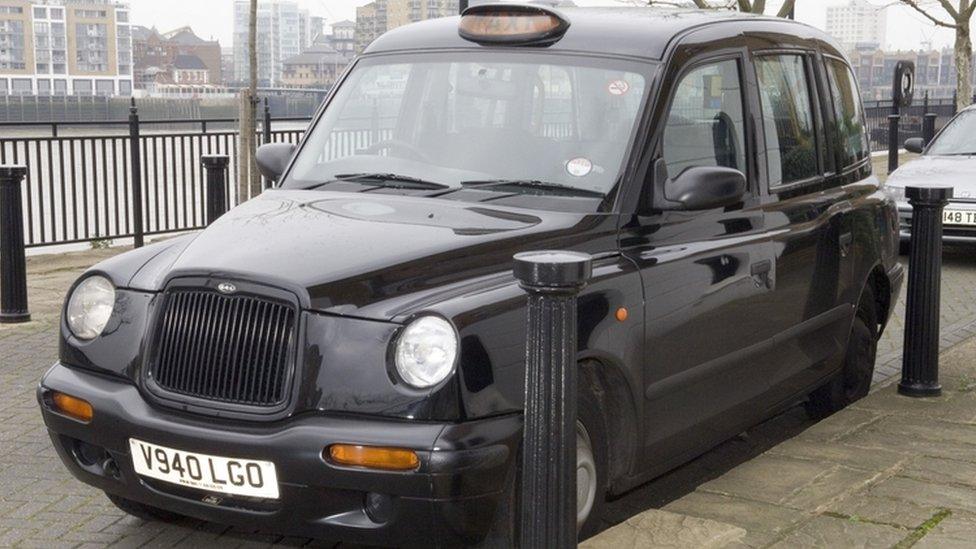
The black cab used by Worboys in his attacks
Police believe Worboys may have carried out more than 100 rapes and sexual assaults on women in London.
Becki Houlston, who has waived her right to anonymity, said Worboys drugged her in Bournemouth.
"He was pretty pre-meditated from the get-go, and I was a woman on my own," she told the BBC.
"He is highly manipulative and relentless. It becomes easier to just accept a drink to shut him up."
In Ms Houlston's case, the Crown Prosecution Service (CPS) said there was not enough evidence to prosecute.
Reacting to the sentencing, the CPS's Tina Dempster said: "John Worboys is a dangerous predator who still poses a clear threat to women."
- Published20 June 2019
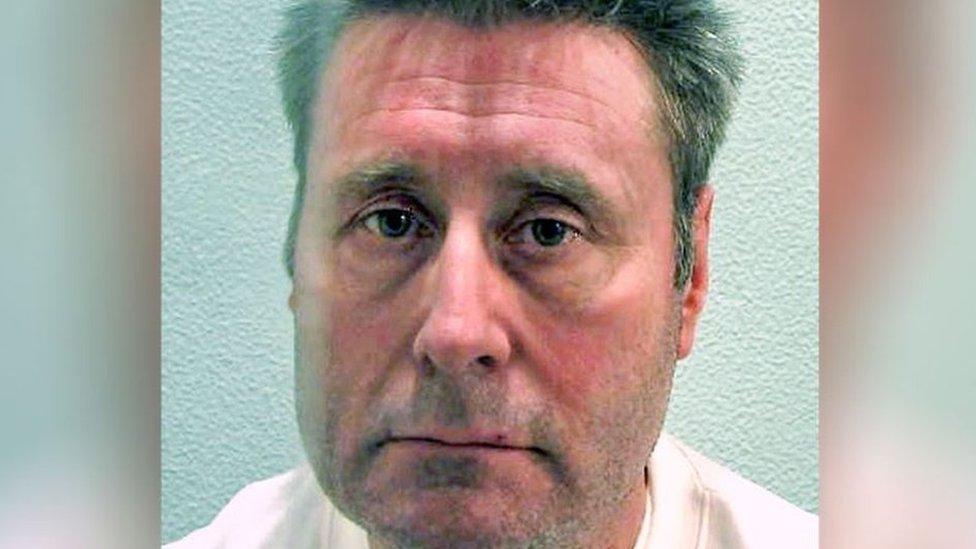
- Published20 November 2018
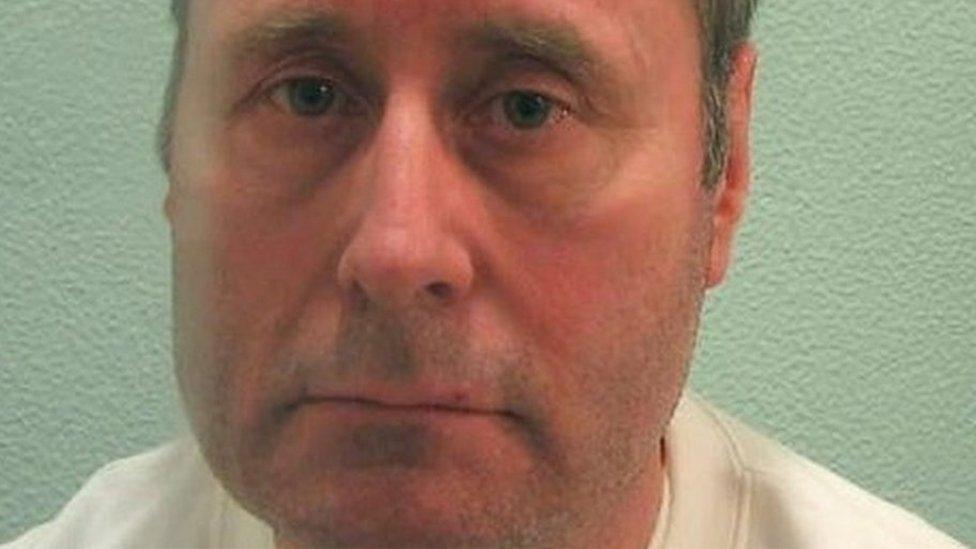
- Published19 November 2018

- Published25 January 2018
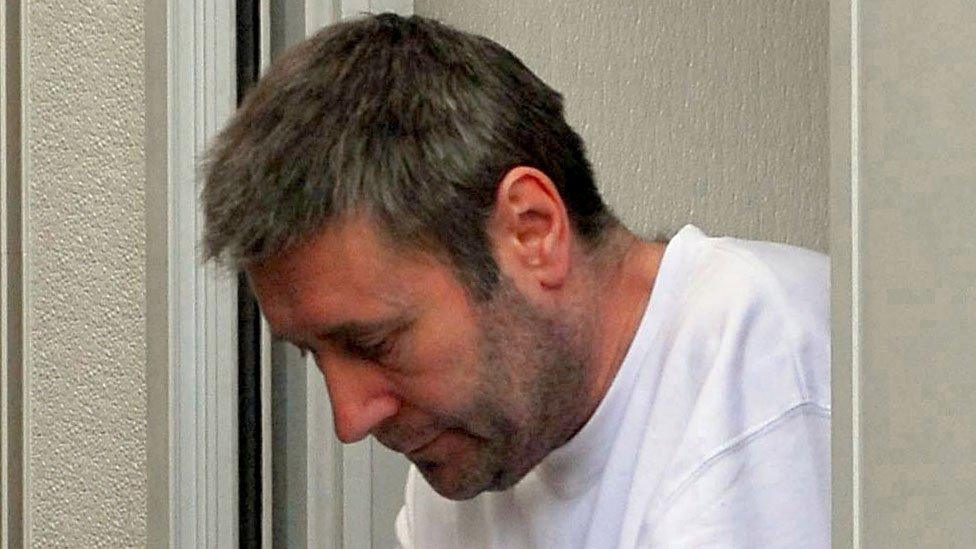
- Published24 January 2018

- Published24 January 2018
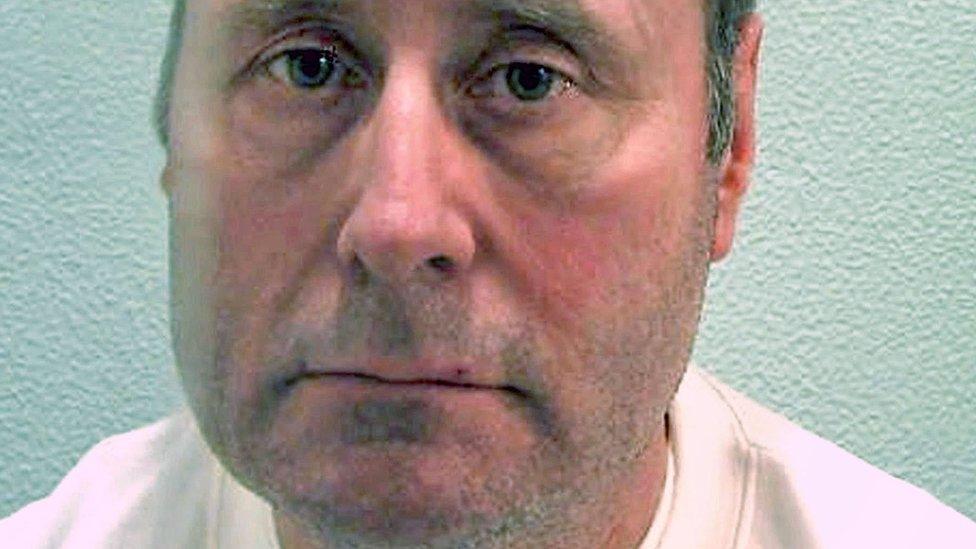
- Published6 January 2018
